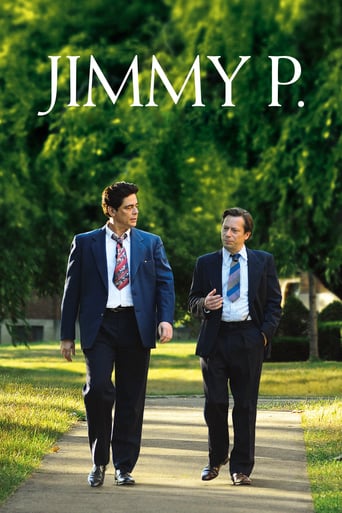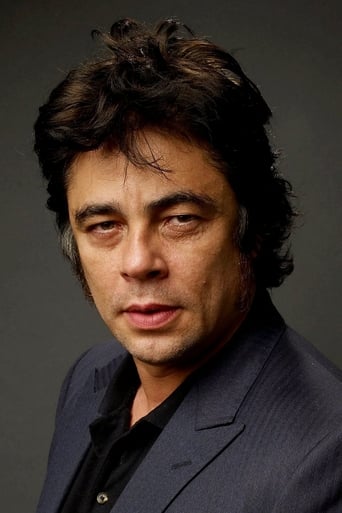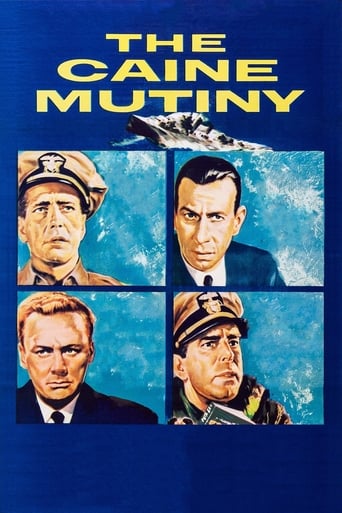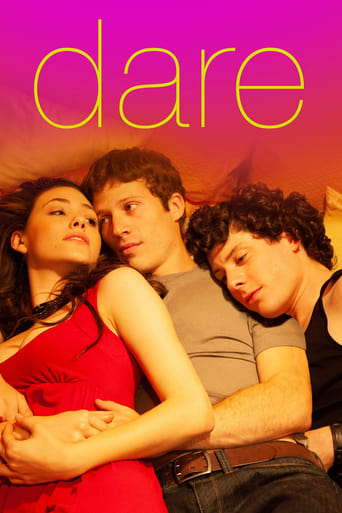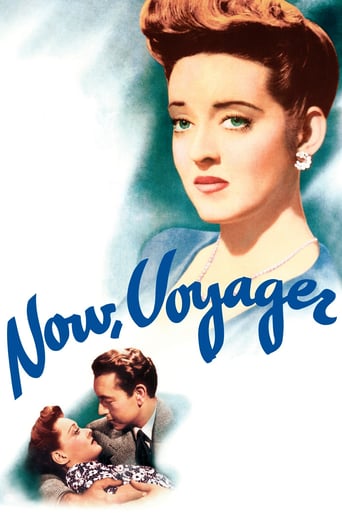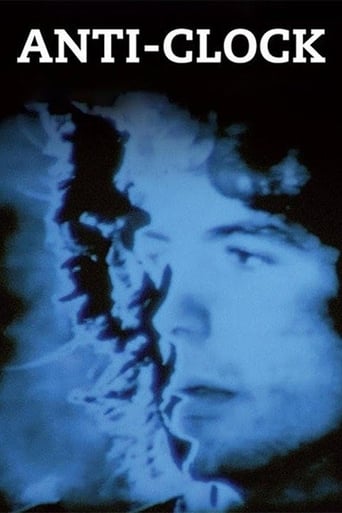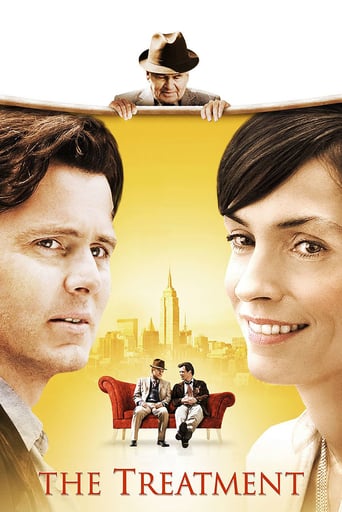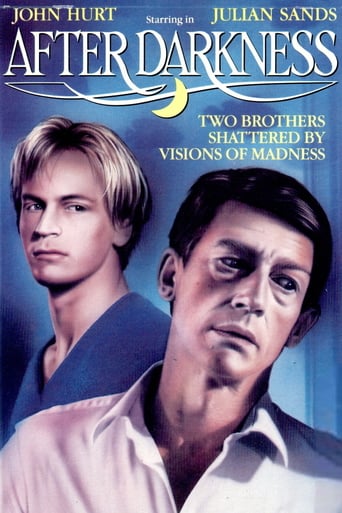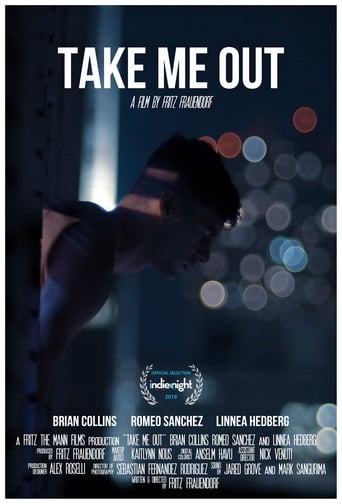Jimmy P. (2013)
At the end of WWII, Jimmy Picard, a Native American Blackfoot who fought in France, suffers from unexplainable symptoms and is admitted to a military hospital. When doctors suspect schizophrenia, an eccentric psychoanalyst takes up the case and starts a conversation with the veteran.
Watch Trailer
Cast
Similar titles
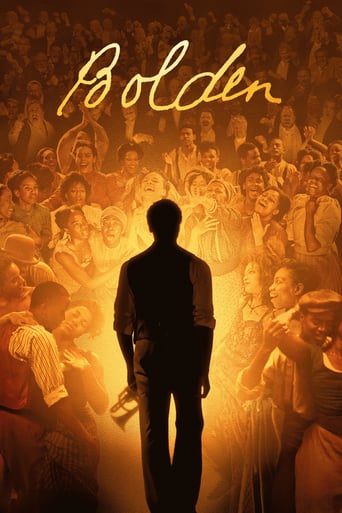
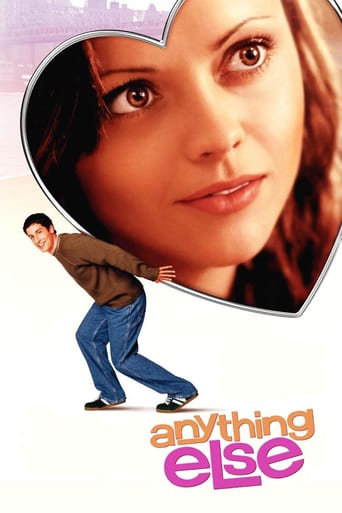
Reviews
Best movie of this year hands down!
It’s not bad or unwatchable but despite the amplitude of the spectacle, the end result is underwhelming.
Exactly the movie you think it is, but not the movie you want it to be.
True to its essence, the characters remain on the same line and manage to entertain the viewer, each highlighting their own distinctive qualities or touches.
This one slightly reminiscent of A Dangerous Method, but this has a lot more to say, and frankly make the aforementioned movie now seem extremely below par. The psychoanalysis explored here is incredibly intriguing, and different, and makes Cronenberg's piece seem very distracted and far less interesting, despite both being true stories.I've liked Mathieu Amalric as soon as I saw him in Venus In Fur (still criminally underrated as Polanski back in form) and TGBH also, and here he lands one of the lead roles and does a fantastic job as a bit of an eccentric but confident anthropologist. He and Benicio Del Toro were the only reasons I watched this initially.Del Toro is playing a war vet who suffers head trauma and is having spells of major migraines and blindness since. Plus he is playing a native Indian, so there are many subtle themes woven into the narrative without shouting them at you. The main thing I took from it was how as people from different cultures, we are at the same time very different but also all human and more similar than we think. It also touches on the treatment of native Indians, though it is barely there, just again written subtly into the narrative: Because he is Indian and drinks occasionally, all the white American doctors think he is a drunk, hence his symptoms. One of the rare times he actually speaks to them is to tell them "my name is Jimmy, not'chief'". He for the most part will only talk with the anthropologist.Del Toro nails the brain trauma victim, as I think I took more from his character personally as he reminded me a lot of myself. People say you are crazy, are schizophrenic, a drug-addict, when in reality you have brain trauma. Your mind is not well. You are judged. This aspect of the movie was done perfectly as I was able to relate with Del Toro's character immediately, and everything about his character and his actions were realistic and executed with finesse. It is not a fun experience, and even less fun when you are put in a nuthouse because of it and are surrounded by truly lost souls as you wonder "why am I here?" Definitely one of the better films that takes place in one of these facilities, though it has nothing on Cuckoo's Nest or Persona.The scenes where he talks about his past were really well done too, I was never confused as to what was a scene from the past or otherwise. Most of that is due to Del Toro, as he plays two different characters essentially, pre-accident and the present. He will only talk to the anthropologist played by Amalric, as he has been asked for, despite being a doctor with a shady reputation. But he happens to specialise in native Indians, and his approach to psychoanalysis is interesting to say the least. It was further intriguing to see him use more unconventional methods – to western culture at least – and rather focused on spiritual aspects that the native Indians believe and practice. His respect for the religious ways of his client is admirable and the world would be a better place if more doctors were that open-minded.The basic story is predictable as all hell, and I really wish the movie inserted more conflict between the two. But there are some truly great, emotional scenes between Del Toro and Amalric that dig deep into the human condition, and despite their cultural differences they realise that they are not so different. It certainly helped that the script was well-written and filled with interesting, unconventional ideas.This was also a fascinating look into how war vets were treated after WWII when it came to brain injuries. It is quite haunting, especially considering the fact treatment for people like Jimmy P. is somehow even worse in today's world, especially with US Army propaganda proclaiming they are 'Protecting freedom' and 'keeping us safe' - two of the most-cringe worthy quotes constantly repeated on US television, especially in sport, by athletes themselves, which on its own is disturbing given how big sport is in the US. I could go on and on but I won't, I simply thought this was a great metaphor for how army veterans are treated if returning home maimed and disabled. The government they thought they were serving simply does not give a toss about them, which is the unfortunate reality.I was waiting for this to go down an unexpected path as it winded down.. It kinda does and kinda doesn't. But it is a true story so I guess they stuck to the actual events. Overall a very interesting film that, despite its flaws, tells an interesting story while also touches on various social subjects that happened to be a part of his life and treatment at the hospital.3.5/5 – Sorry DC, I love your work, but this one is infinitely superior to your own take on psychoanalysis. This film has a big heart and makes for an emotional watch.
Each of us springs from cultures that form our worldview, guide our behavior, create our sensibilities. But non-whites, especially, are coerced into discarding that identity and, through acculturation, becoming someone that they really aren't, someone who, over time, can no longer understand why they dream of a bear, a fox, and a baby and what in the world those images mean. An early scene in Jimmy P shows a white doctor asking Jimmy to respond to a picture he's shown of some white demonic guy with a knife in what looks like an operating room. Jimmy can't free associate anything from that picture. Not because he's crazy, but because it's meaningless to him. But later he can uncover meaning in a dream that includes a bear, a fox, and a baby. Over a generation or two, Jimmy has lost many connections to his own past and cultural traditions. Although he can still sense them, he can't interpret them as they relate to his own psychological issues. He's broken laws that the dominant cultural doesn't regard as criminal at all. Not understanding this, he punishes himself even though freed by a white court of law. Although Thunderheart may have been more entertaining, Jimmy P is enlightening about the psychic damage that happens when cultural and ethnic peoples are punished for who they are and made to ape other cultures to become accepted.
Firstly, I'm not a movie buff nor am I an expert on the director or anyone else involved in making this movie, I just watch movies based on whether or not I fancy watching them.The acting left me with a feeling of warmth towards the characters, sure it's not a short film, and some of the scenes could probably have been shorter, but I feel that would've taken away from the tonality. The movie seems well written and likable, but the pacing and content won't be everyone's 'cup of tea'. In short, the movie is good, it's not an action movie, there's almost no excitement, but who would read the synopsis and think there would be any? There's really nothing left to say about this film as far as I can see, I'd recommend it, but not to everyone, and can't see a group of lads sitting round with cans of lager enjoying it, it's more of a 'sit and watch alone' type of thing.
Based on a true story, this film is a documentary fiction. A Blackfoot Indian who has fought in France in the Second World War and had had an accident there that let him comatose for a couple of days experiences great behavior disorder when back I n the USA. He is treated in Topeka, Kansas, as a veteran and they come to the conclusion that there is nothing physiologically wrong with him and at the same time the diagnosis that comes next, that of schizophrenia, does not accommodate all the symptoms. The boss of this military hospital knows a French anthropologist, trained as a psychoanalyst, in New York and he invites him for a couple of consultations with the patient. From a couple it will lead to a few dozens if not more, one a day for a rather long period.At the time psychoanalysis could only look for personal disorders at the sexual level having to do with parents, infancy, childhood, and then women (for men). The case concentrates on women and the patient finds some relief in that approach. This is very interesting how the anthropologist who is a specialist of come North American Indians, the Mojave actually, uses his knowledge of Indian culture and one language to build some trust between him and the Indian and on the basis of that trust he is able to penetrate the private life and mind of the Indian. But he does not really use the understanding of Indian culture to see what is shown in the film but not exploited at all, the fact that the Indians are systematically negated in their culture by all kinds of institutions. We can see in the film the fact that this military hospital for veterans does not have one Indian nurse or doctor able to understand the alienation of Indians in white society. Then you have the daughter of the Indian who is in the hands of catholic nuns for her education. Then you could speak of the way these Indians dress in the most white American way possible, with ties, shirts, suits, and the girls the very same way with scarves, dresses, etc. Hair cuts are standard north American. At the same time this Indian cannot get money at the post office or the bank without a good Caucasian (not North American since the French doctor is able to do it) signing for him. A white nurse tells the Indian a tall tale one day in another hospital where he is supposed to go through special tests, and she cannot in any way ignore that what she is telling him is B.S. And even the French doctor who was called in because he was an anthropologist who had spent two years with the Mojave Indians, at the end, asserts that he did not help the Indian because he was an Indian but because he was suffering. In other words he negates his own expertise. And that is justified in his mind because he did think his expertise was not with Indian culture (that was only a means to build trust) but psychoanalysis. He even, early in the film, creates some blurred situation when he advocates the typically French godless secular philosophy to an Indian who declares himself a Catholic though he knows about old Indian religions that he has "rejected" under the influence of course, but not of alcohol this time. It is also called duress.The problem we are dealing with here is Post Traumatic Stress Syndrome of American Indians who have been vastly exterminated, then locked up in reservations under rules that forced them to drop their cultures, their dances and their languages, to get educated and integrated in the American society, language, culture and all. What is the intention of Arnaud Desplechin? To remain as close as possible to the way the case was treated at the time? Maybe but naïve since the audience cannot sort out the real stake here. Yet it is surprising he does not use what has become standard today over the last ten years. It is called the decolonization of the mind. He only shows how the Indian mind is colonized and never questions his psychoanalytical approach that makes the syndrome the result of personal sexual problems.Dr Jacques COULARDEAU
